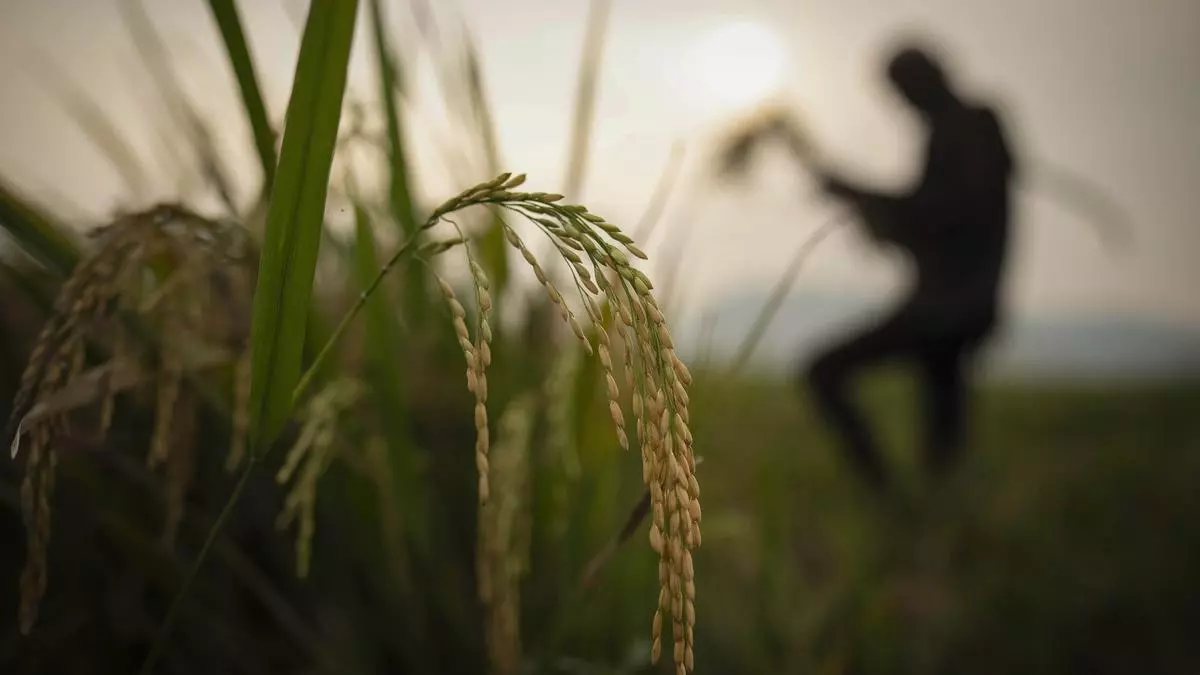Govt halts supply of subsidised rice for ethanol, assessing impact on EBP
The Indian government stopped releasing subsidized rice for ethanol production after that Banning the export of non-basmati white rice. However, it is likely to appeal once several issues have been addressed including allegations of profiteering by grain distilleries by diverting grain to the open market.
Meanwhile, 10-12 distilleries in Uttar Pradesh and 15-16 units in Maharashtra have suspended operations due to unavailability of rice from Food Corporation in India, industry sources said. But official sources said the government is confident that there will be no systemic impact on the ethanol blended with gasoline (EBP) programme, adding that the problem of unavailability of feed stocks is temporary and will be resolved soon.
The center plans to achieve the blending target of 20 percent by 2025, while in the current year ethanol has reached about 11.65 percent since December 2022.
Also read: NRIs in the US and Canada are rushing to stock up on rice after India bans exports
Purchasing price
The sources said that the government has launched an internal investigation to see if the FCI rice diversion allegations are true. FCI provides “surplus” rice at US$20/kg for ethanol. Oil Marketing Companies (OMCs) buy ethanol produced from grain at Rs 58.50/litre. Ethanol produced from “damaged” rice purchased on the open market is purchased by OMCs at $55.54/L.
The industry is calling for an increase in the price of ethanol made from “damaged” grains, noting that their rates have increased dramatically after they were set in the 2022-23 ethanol marketing year (December-October). The government shifted the general ethanol market from 2023 to the November-October period instead of December-November to coincide with sugarcane fracking.
Also read: The global rice market is turning ‘risky’ as sellers raise prices for goods in transit
immunization plan
Rice available in the market for 16-17/kg in March-April of 2022 increased to 21-22/kg in July 2023, forcing all distilleries to switch to FCI for feedstock demand. As a result, industry sources said, the supply of rice jumped to about 13,000 tons between December and June of the current ethanol year, compared to about 10 tons in the entire 2021-22 season.
There is also another issue with the immunization plan being disturbed because those who sell unsubsidized rice that FCI provides for ethanol enter the market. On the other hand, to compensate for the conversion, some distilleries supply rice that comes to the market through leakage, according to the sources. The sources said that it is believed that the Ministry of Food is discussing this issue at the present time.
